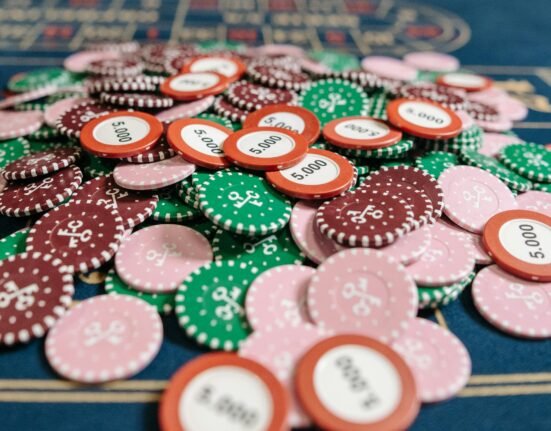Regulator signals tougher stance on addiction, compliance, and illicit operators amid evolving digital landscape
ANJ Reports Increased Enforcement and Systemic Reforms in 2024
The French National Gambling Authority (ANJ) has published its 2024 activity report, offering a comprehensive look at the nation’s gambling ecosystem five years after its regulatory overhaul. The report underscores rising efforts in compliance enforcement, anti-money laundering, and problem gambling prevention, alongside a roadmap for reducing excessive gambling over the next three years.
According to the ANJ, nine sanctions were issued in 2024, including a record €800,000 penalty in January 2025 against an operator for excessive gambling failings—a move the regulator describes as “an important signal to the entire market.” Another €150,000 fine was issued for lesser breaches, highlighting the ANJ’s increasing reliance on financial penalties as a deterrent.
Escalating Measures Against Illegal Gambling
In a parallel crackdown on unlicensed platforms, 1,335 URLs were blocked in 2024, a sharp increase from previous years. The regulator also executed 231 administrative actions and began blocking financial flows tied to unlicensed operators, enhancing its technical infrastructure for disrupting access and payments.
These measures align with a broader European trend toward platform liability, with regulators pressuring payment processors and ISPs to restrict services to illegal gambling providers. The ANJ’s proactive approach is helping France reinforce its regulatory perimeter in a fast-digitising market.
Problem Gambling in Focus: 85,000 Registered for Self-Exclusion
Perhaps the most striking trend revealed in the report is the rise in self-exclusion registrations—from 40,000 in 2021 to 85,000 in 2024. This surge has prompted the ANJ to pivot its 2024–2026 strategic plan toward outcomes-focused harm reduction.
Chairwoman Isabelle Falque-Pierrotin noted the societal stakes of gambling-related harm, urging stakeholders—operators, educators, public institutions, and families—to move beyond “sectoral considerations” and address gambling addiction as a public health issue. A Senate symposium on 27 June will convene experts and policymakers to discuss this shift.
Realigning the Strategy: A Market “Too Accessible”
The ANJ acknowledges that France’s regulated market, while secure and transparent, has become too integrated into daily life due to widespread digital access. Online sports betting, in particular, has grown significantly among young adults, prompting the ANJ to consider more aggressive marketing and deposit limits, and possibly new player loss thresholds.
This follows a trend seen in other European markets—like the UK and Sweden—where regulators are imposing personalized affordability checks and ad bans targeting at-risk groups.
Outlook: Toward Measurable Harm Reduction
The ANJ’s push to impose “an obligation of results”—not just compliance with rules—marks a turning point in French gambling regulation. This will likely involve operator accountability frameworks, where companies must show quantifiable reductions in both the number of excessive gamblers and the share of their revenues sourced from them.
In 2025 and beyond, the ANJ appears poised to transition from oversight to intervention, focusing on data-driven regulation that targets addiction at its roots. With a more coordinated ecosystem involving healthcare, education, and digital policy, France is signalling its intent to lead Europe in sustainable, socially responsible gambling governance.























